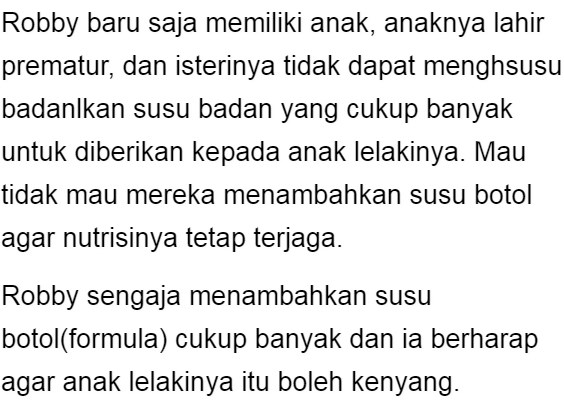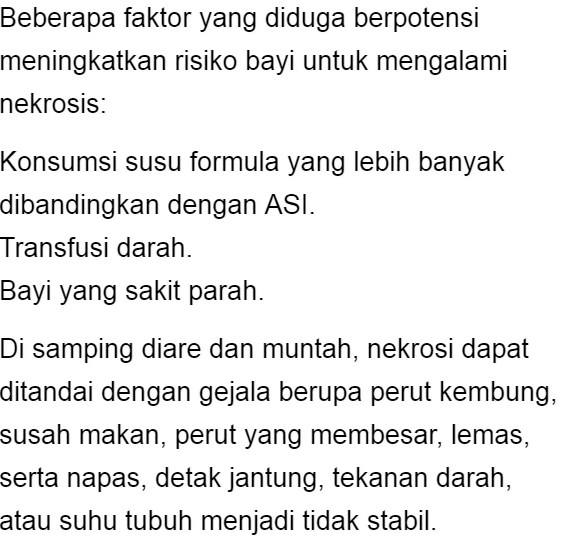













Advice for New Forex Traders to Become Profitable
Forex trading, despite what you may have heard is not akin to having your own personal ATM machine that you can dip into every time you are short of cash. Yes the currency exchange is a highly liquid market and huge amounts of money is traded every day; yes you can easily sign up for and fund highly leveraged accounts and start trading immediately; yes you can buy $50 robots to trade automatically and yes you can lose all your money in the blink of an eye!
For me there are some fundamental things that you need to do before you should even think about opening a live account with a broker. This article will go into these things in a bit more detail and will hopefully benefit newcomers to the wonderful world of Forex trading.
What Kind Of Trader Are You?
This is the first thing you need to look at and what I mean by "what kind of trader are you?" is simply how much time do you have to trade every day. If you are prepared to sit in front of your trading station and trade, say for 6 hours straight and do nothing else then that puts you into the day-trader category. If you only have an hour a day or less to spend trading then you are perhaps a more long term trader. Myself, I am in the latter camp. I dislike sitting trading all day and much prefer finding four good trades per month to get me between 500 and 1000 pips.
Now once you have found out what kind of trader you think you are, you need to actually put this to the test. So for example if you want to trade all day then you should try it for a week and see how you feel. Don't worry about trading a particular strategy, just pick a time frame and open some trades whenever you see something you like the look of. The aim here is not to make or lose pretend money, it is to see how you actually like working on a particular time frame. Some traders I know only scalp on the one minute chart and make a hundred trades every day. If I did that I know I would burn out pretty quickly. I know this because I tried it. I found a simple scalping strategy and tried it on a tine $100 account just so that I was risking a bit of real money and I knew after the first day that this trading style was not for me. As soon as I started practicing on the higher time frames like the daily and weekly I was much happier.
Once you have experimented like this for a few weeks you will know what type of trading will likely suit your personality. You can then start to find a trading strategy that fits this style of trading.
What Kind Of Forex Strategy Should I Use
If you are like me when I first started trading you will have likely try lots of different strategies, hopping onto a new one when the one you are testing doesn't work. This is what most traders do and is, I believe one of the main reasons most traders end up lining the pockets of a relatively few number of more savvy traders. So the key is to get yourself into that savvy camp. There are literally hundreds and hundreds of Forex trading strategies out there and new ones being dreamed up every day. You will no doubt receive emails from Forex marketers that try to sell you various trading systems and claim that "no experience is required". If you ever get an email like this (and believe me you will), do yourself a favour and unsubscribe from that mailing list.Trading Forex is a discipline that requires several different skills and experience that come together to create a profitable trader. Without this experience you will, in the long run lose money. So where does one start?
The first thing I would do with the benefit of hindsight of course would be to head over to Forex Factory and Baby Pips. Two excellent forums populated with very experienced traders who share their strategies for free. I would hunt around in those fora until I found a strategy that matched my trading style as derived above. I would then practice that strategy until I had trebled my demo account balance. I would then open a new demo account and try to treble the balance again. And then having successfully trebled my balance twice, I would attempt to treble it a third time. This would be my criteria for going live with real money. If you can treble your balance three times in a row then you are likely ready to try it for real. Bear in mind the feeling of trading with real money, however small is a totally different kettle of fish to trading with a demo account but this is the point of the exercise.
You really need to get to a point where you can trade without emotion. If you get a rush from trading or find it thrilling when your TP is hit and devastated when you your SL is hit then you are not ready to trade live. You must be able to treat losses as a business expense. Losses are part of trading but a lot of new traders that I have spoken to tend to almost take losing trades personally and either try a "revenge trade" or they throw their strategy in the bin and buy the next one sold to them by some fellow who is typically pictured sitting on a beach with a laptop and a cocktail casually trading is way to a money bath.
A Word On Money Management and Leverage
This topic really needs it's own article but I will mention it briefly here. While you are practicing your chosen strategy you should employ the same money management rules that you will use when you start trading in a live account. Highly leveraged accounts are highly seductive as you can trade large lot sizes on a small account and potentially make a lot of money very quickly. However this is the sharpest of double edged swords as trading lot sizes that your balance is not big enough for can wipe out your account in a flash. What I suggest people do is the following:
1) Start your demo trading with a balance of $1,000 on a 1:100 account.
2) Start trading at 0.1 lot.
3) Every time you double your balance increase your lot size by 0.1 (so at $2,000 you would be trading at 0.2, $4,000 you would be at 0.3 etc)
4) Only risk up to 5% of your available balance at any one time.
This will give you a good feel for how to manage an account successfully. As you get more experience you will start to work out ways to adjust your money management approach to fit your style but this should be a good starter. As I say, this is a huge topic on it's own and there are lots of good resources available to help you further.
I hope this has been a useful introduction on how to get started. It may take you six months, or a year even before you have successfully mastered the above and are ready to trade live but by this point you should be have a solid fund of experience in the bank to keep you out of the large group of novice traders who pay for the retirements of those in the savvy camp.
